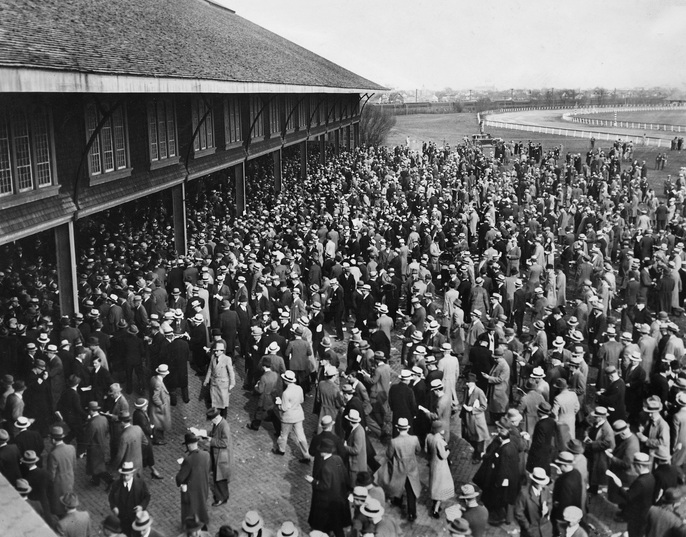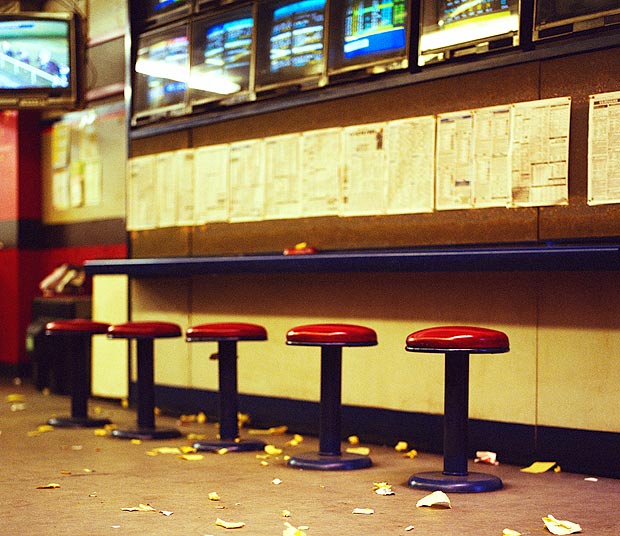Believed to have a history dating all the way back to the time of the early Greeks, sports betting is thought to have been around for more than 2000 years.
Not even the notorious Dark Ages kept people away from betting on sports – which is quite something considering that this was a time known for religious and superstitious persecutions on all who dared participate in any activities in any way considered too thrilling or too daring.
Back then, popular bets included activities like betting on the projected time it would take for a specific individual (oftentimes a messenger) to walk a predetermined distance. Wagering money on shin-kicking wasn’t off the cards either. Just image betting on who would be likely to emerge the last man standing after a good old hammering on the shins of the legs!
Interestingly enough, medieval times are thought to have been the period in humanity’s history that saw the introduction of games played with cards introduced to the Brits.
The Spread Of The Bet
A quick fast-forward to the early 1600s reveals betting on horse racing becoming a huge deal in England. It doesn’t take very long to expand all the way to Europe and eventually to America after that. Soon, more typically British sports join in the betting fun – cricket, rugby, and football become popular sports to bet on too.
But if the 1600s could be called a bomb, then the 1900s would have been a dynamite explosion. Sports governing bodies started popping up like toadstools and soon, every conceivable sport was being bet on in some shape or form. Bookies grew more visionary than ever before, which ultimately led not only to more sports being bet on, but also to a greater variety of bets wagered on each sport.
The Human Need For Connection
All of this shines a light on a very interesting human dynamic – that of the individual’s unwillingness to remain but a spectator looking from the outside in on whatever sport it is that’s being played in the arena. A desire to be actively involved in what is happening seems to outweigh even the kind of sports being bet on.
What did over time emerge as relatively necessary, was the importance of finding an opposing “partner” and preferably one with equal financial capacity for the purpose of the wagering of the bet. Next, the need for reliable “intermediate” was identified, i.e. what we know today to be a bookmaker.
Interesting too is the history of specifically the horse racing industry and the original purpose of making one horse compete with another horse. The purpose right at the start had been to publicly compare one animal to the next in order to showcase to potential buyers exactly why one horse should fetch a better price than another horse. This practice of valuation for the purposes of buying and selling eventually resulted in strangers making use of the opportunity to make horse racing bets among themselves.

